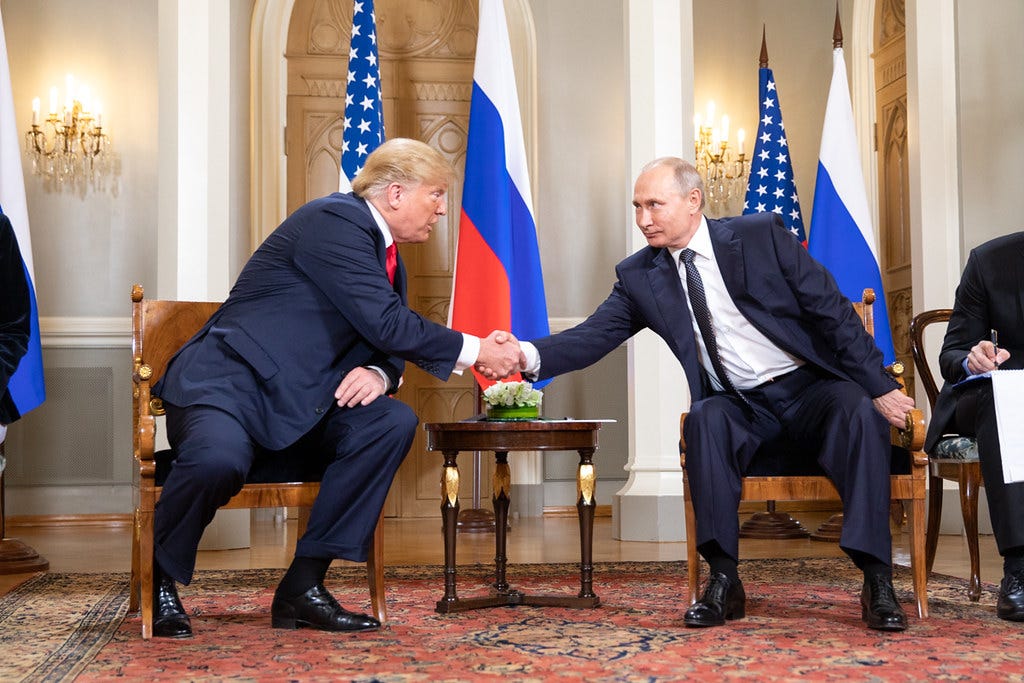Trump Frustrated By The Limits Of Brand Transactionalism In Peacemaking
That went even faster than I had expected
It is not hard to understand why Donald Trump got blustery yesterday. His team of peacemakers met with Russian counterparts in Riyadh on Tuesday, each side not sending their best, with no firm commitments of any kind from Moscow resulting. Kyiv is unwilling to sign a minerals-for-arms deal with Trump until Vladimir Putin commits to real peace with Ukrai…



